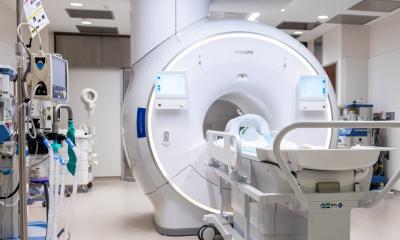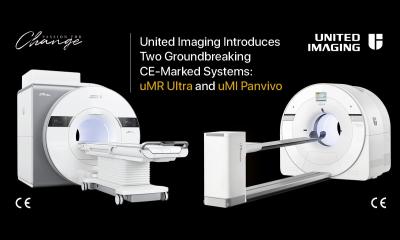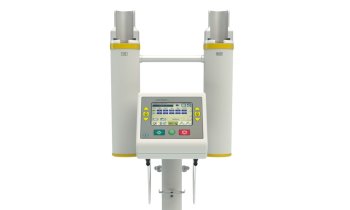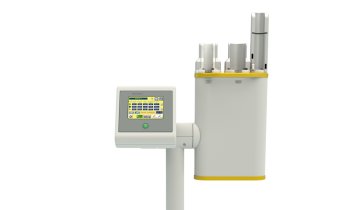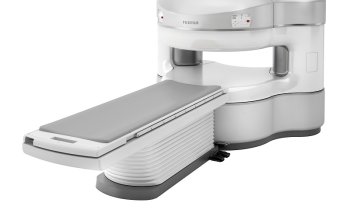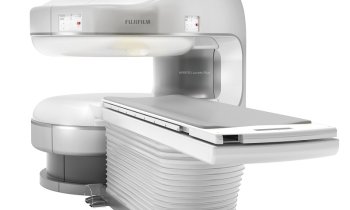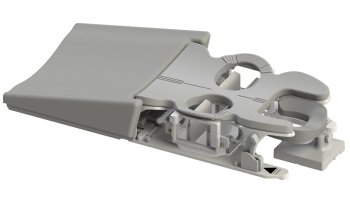COCIR Welcomes Resolution of Threat to Medical Scans
COCIR, the European trade association covering medical diagnostics, welcomes the adoption yesterday by European Council of the revised Directive on Protecting Workers from Exposure to Electromagnetic Fields, also known as the EMF Directive.
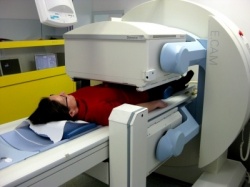
The new Directive contains a crucial Article that provides a derogation from the Directive’s exposure limits for the use of Magnetic Resonance Imaging (MRI).
Commenting on the new Directive, COCIR’s Secretary General, Nicole Denjoy, thanked the European Parliament and Member States for recognising the special needs of MRI as proposed by the European Commission in in their draft revision and praised the efforts of a multi stakeholder alliance over many years to secure the necessary derogation.
“COCIR and its members have been at the heart of the advocacy on this issue for almost 10 years” said Nicole Denjoy. “We were amongst the first to recognise in 2004 the unintended negative consequences of the original EMF Directive on the use of MRI. Our efforts, together with many others and particularly since 2007 the Alliance for MRI, resulted in the postponement of the implementation of the Directive from April 2008 to April 2012 and then a further postponement to allow a revised text to be agreed.”
“It has taken a long time to secure this agreement” Nicole Denjoy continued, “but COCIR is confident that the new text adopted by the Council will ensure that patients will continue to receive unhindered access to MRI for diagnosis of their illnesses and increasingly for life saving interventions such as MR guided neurological surgery. At the same time, we welcome that best practice guidance on protecting workers using MRI will be developed for all of the EU’s Member States and we look forward to working with the Commission on that. Most importantly, COCIR’s members will be able to maintain and service MRI scanners and continue to work on R&D programmes to develop new applications and improved clinical performance of MRI.”
“Today marks the end of a long campaign to ensure the long term future of MRI in Europe,” concluded Ms Denjoy. “The new Directive creates certainty and will remove any doubts in healthcare providers’ minds on their use of MRI. We look
forward to continued improvement throughout Europe in patient access to this essential medical diagnostic technology.”
*COCIR represents the European Medical Imaging, Electromedical and Healthcare ICT Industry.
21.06.2013



